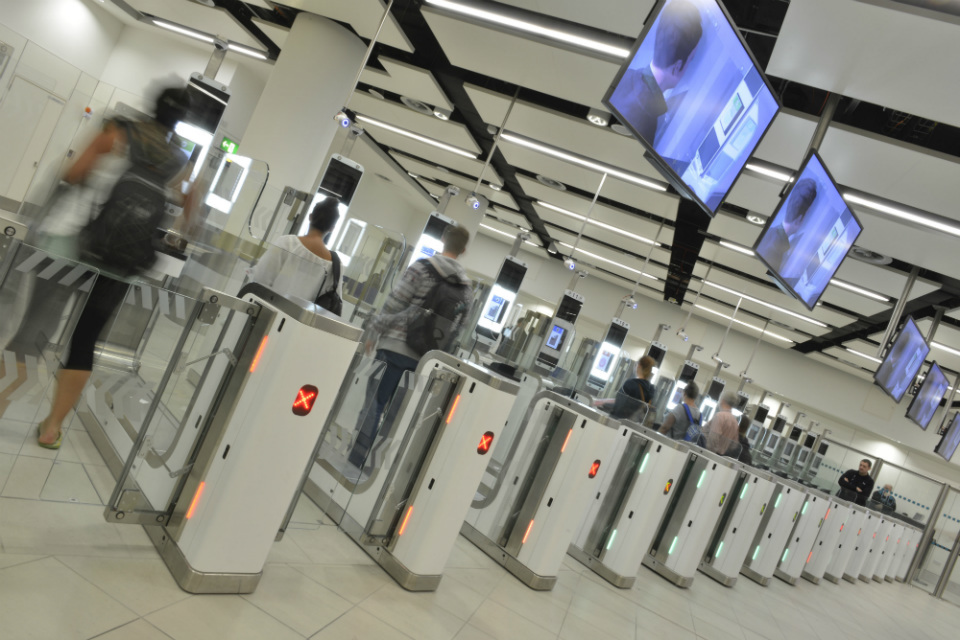Study from BCS finds that the majority of computing educators believe that chatbots will create fairness challenges that institutions are not yet equipped to deal with
Credit: Wokandapix/Pixabay
Teachers have expressed concern about the impact on teaching of large language models – as exemplified by ChatGPT – and whether schools are adequately prepared.
Research from IT industry body BCS finds that 62% of computing teachers believe that chatbots will make it more difficult to mark pupils’ work. Some 56% of the 124 people surveyed indicated that their school had not yet done anything to prepare for these challenges. Just 11% said that a plan was being drawn up, while 33% said discussions on the matter had begun.
Having been made freely publicly available in recent months as part of a testing exercise, the ChatGPT program from Silicon Valley firm OpenAI has attracted much attention for its reported accuracy in creating letters, poems, and stories – and essays.
Minister for the school system Baroness Barran recently indicated that the Department for Education is reviewing the potential dangers posed by large language models – but also believes that they could offer benefits to the education sector.
Related content
- Home Office seeks software developers to meet ‘daring targets’ for use of automation
- Turing Institute to lead development of AI standards
- HMRC automation stopped 100,000 ineligible claims for Covid support
This was also reflected in the BCS survey, which found that 45% of computing teachers believe that ChatGPT will, in the long term, have a positive impact on teaching and will could also help pupils with their work.
Julia Adamson, BCS managing director of education and public benefit, said: “Assuming these generative AI programmes remain freely accessible, teenagers are going to use them to answer homework assignments – just like adults will come to rely on them at work. Computing teachers want their colleagues to embrace AI as a great way of improving learning in the classroom. However, they think schools will struggle to help students evaluate the answers they get from chatbots without the right technical tools and guidance.
She added: “Calculators used to be banned from exams but are now mandatory. We need to bring machine learning into mainstream teaching practice, otherwise children will be using AI for homework unsupervised without understanding what it’s telling them. Another danger is that the digital divide is only going to get wider if better-off parents can pay for premium services from chatbots – and get better answers.”




